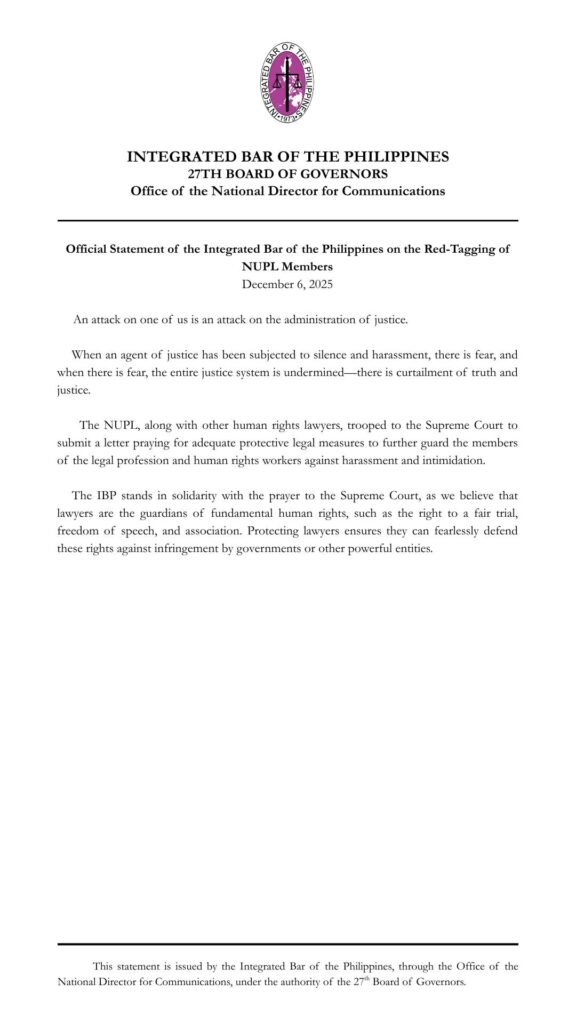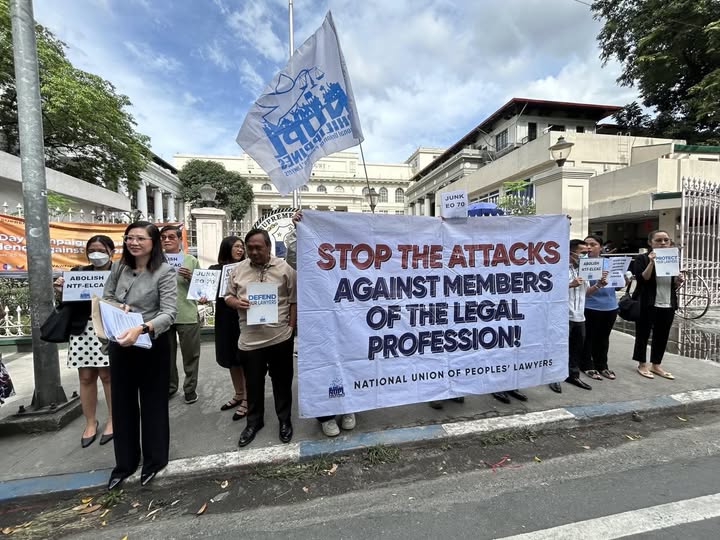The Pilipinong Nagkakaisa para sa Soberanya (P1NAS) condemns in the strongest terms the Senate’s recent approval of Senate Resolution 1248, which concurs with the ratification of the Philippines-Japan Reciprocal Access Agreement (RAA). The treaty, which allows Japanese troops to access Philippine territory and vice versa for joint military exercises and operations, further undermines the nation’s sovereignty and deepens the country’s subservience to foreign powers.
“This agreement is yet another nail in the coffin of Philippine sovereignty,” said Antonio Tinio, spokesperson for P1NAS. “The RAA is part of a broader push by the United States and its allies, including Japan, to solidify their military foothold in the region under the guise of ‘security cooperation.’ In reality, it drags the Philippines deeper into the orbit of US-led militarism and positions our country as a pawn in the brewing conflict with China.”
The agreement comes at a time when the US is ramping up its Indo-Pacific strategy, using its allies, including Japan, to encircle China and assert dominance in the region. The RAA essentially allows Japanese forces to operate on Philippine soil, raising the specter of increased militarization and the risk of the Philippines becoming a battleground in a potential great power conflict.
Tinio, former partylist representative of ACT Teachers and its current first nominee, pointed out that Malacañang has strongly signalled that similar reciprocal access agreements with other US military allies, such as Canada, New Zealand, and France, are already in the pipeline. “Pres.
Marcos Jr. appears to be hellbent on transforming our country into a launching pad for multinational military aggression, led by the US and its designated regional proxy, Japan,” he noted.
The group also highlighted the historical context of Japan’s military presence in the Philippines, which evokes painful memories of imperial aggression during World War II. “Ironically, our leaders are welcoming Japanese troops back onto Philippine soil, ignoring the lessons of history and the sacrifices of those who fought for our independence,” Tinio emphasized.
P1NAS reiterates its call for an independent foreign policy that prioritizes the interests of the Filipino people over those of foreign superpowers. The group urges the government to pursue genuine diplomatic initiatives to resolve disputes in the region, such as robust engagement with ASEAN and adherence to international law, rather than aligning with militarist powers.
“It is foolish to defend against the bogus territorial claims of China in our maritime domain by compromising our national sovereignty to foreign military powers. This agreement is not about defending our sovereignty—it’s about surrendering it,” concluded Tinio. “We call on all patriotic Filipinos to resist the growing US-led militarization of our country and to demand policies that truly reflect our national interest, not the interests of foreign powers.” ###




